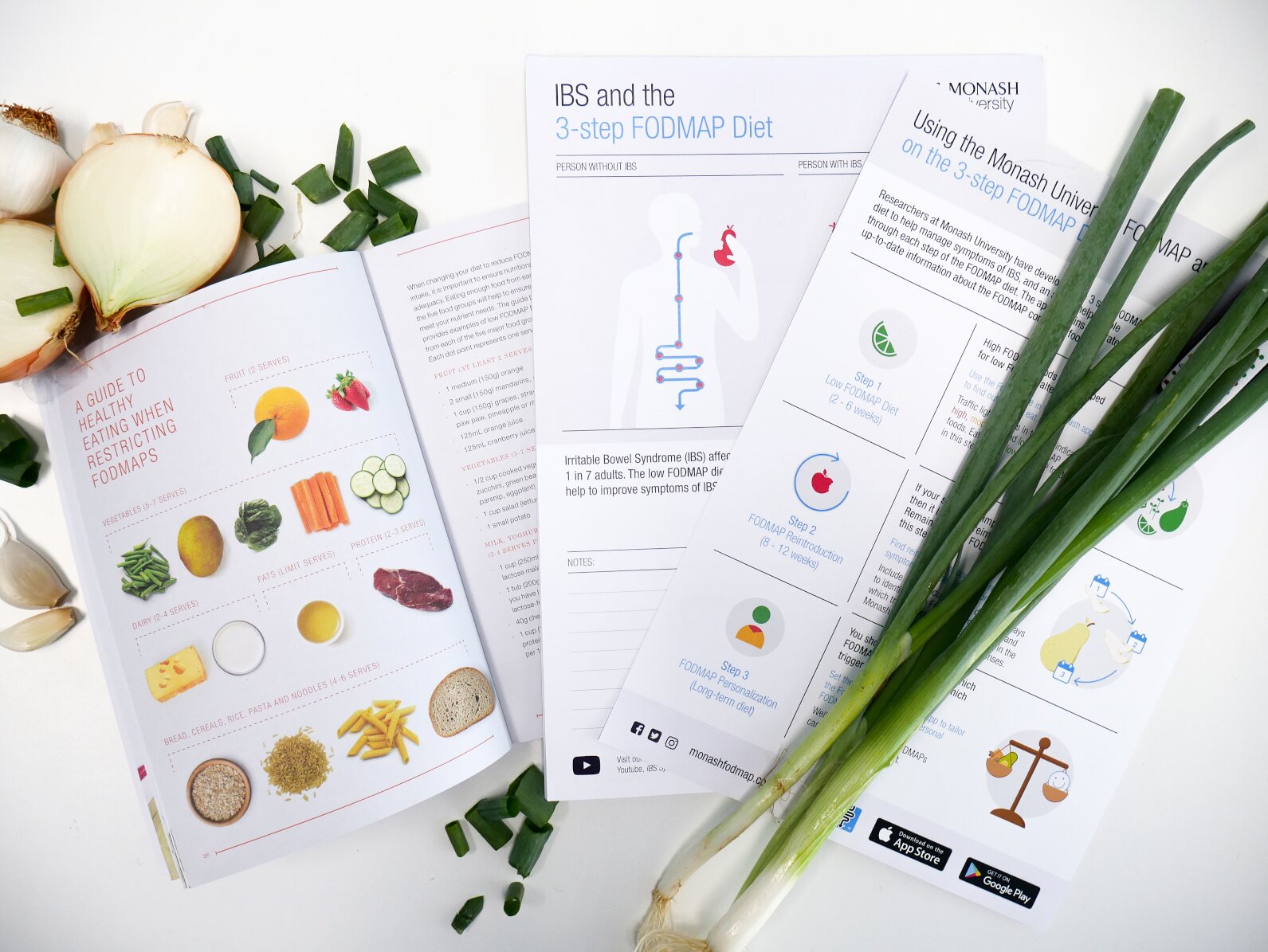Treatment of IBS, Allergies & Intolerances
Dietitians are equipped with the skills and knowledge to help you identify and manage your individualised symptoms of IBS and intolerances.
At Community Therapy we understand the impact that IBS, allergies and intolerances can have on one’s overall health and wellbeing.
We provide high-quality food and nutrition advice and education by assessing your current diet and assisting you to identify key triggers, ensuring that you are meeting adequate nutrition recommendations, to prevent deficiencies and improve your quality of life.

What is Irritable Bowel Syndrome (IBS)?
IBS is a term characterised by abdominal pain, gut discomfort and alterations in bowel habits.
Symptoms vary from one individual to another, however people with IBS will usually have an adverse reaction or intolerance to particular types of foods and food additives, causing the onset of symptoms such as bloating, flatulence, abdominal pain and diarrhoea.

Difference Between Food Allergy & Food Intolerance
Food intolerance is often mistaken or mislabelled as a food allergy.
The difference between a food allergy and food intolerance is determined through the involvement of the immune system.
Food Intolerance is a Non-Mediated Immune Response
Meaning that symptoms are often limited to digestive problems and GI discomfort.
This includes, but is not limited to symptoms of nausea, abdominal pain, gas, irritable bowel and diarrhoea. Common intolerances include lactose, gluten and salicylate.
Symptoms usually arise within 30 minutes to 48 hours. Food intolerance can often be associated with IBS, and can often be tolerated in small amounts, without symptoms.
Food Allergy is a Mediated Immune Response (IgE)
Whereby our body’s immune system reacts to a particular food, causing symptoms such as hives, itchiness, eczema, swelling of the face and lips, and if severe, may cause anaphylaxis, a life-threatening reaction.
Common allergies include cow’s milk, soy, peanuts, tree nuts and shellfish. Symptoms will usually arise within 5 to 30 minutes and require the life-long restriction of the food allergen.


Diagnosis of Allergies & Intolerances
Food Intolerances
Often require a temporary elimination diet to identify key food triggers and associated symptoms.
It is recommended to work with a qualified health professional as elimination diets can be restrictive and complex, and prolonged elimination diets can cause nutrient deficiencies. Your dietitian may ask you to keep a food-symptom diary to identify trigger foods, in addition to learning practical skills such as label reading.
Food Allergies
Can be diagnosed through skin prick tests or blood tests.
If positive, allergen antibodies will be identified and confirm your diagnosis. Food allergies require life-long elimination from your diet. Therefore, having the skills and knowledge to identify products that contain your food allergy, in addition to identifying risks for cross-contamination, is essential.
As dietary changes based on self-diagnosis can cause bodily harm, we strongly recommended you consult with your GP and/or a qualified health professional such as your APD, an immunologist or allergy specialist to determine your diagnosis.


Relationship Between IBS and the Low FODMAP Diet
FODMAPs [Fermentable Oligosaccharides, Disaccharides, Monosaccharides and Polyols] are a group of short-chain carbohydrates (sugars).
For some individuals with food sensitivities, these sugars are poorly absorbed, causing IBS symptoms.
A low FODMAP diet may be recommended for individuals who are newly diagnosed or seeking to identify trigger foods of IBS. This type of diet is designed for short-term use only and involves elimination, reintroduction and integration of foods to tolerance. Due to its limitations, the FODMAP diet should only be attempted under the guidance of a suitably qualified APD.
Please contact us or call us on 1300 031 935 if you would like the assistance of our wonderful Dietitians.


